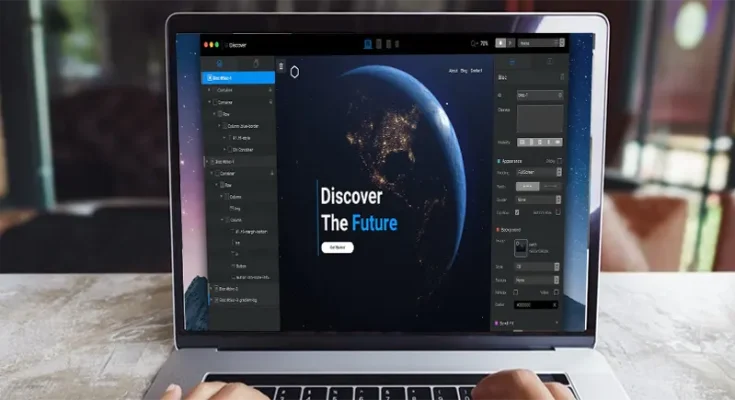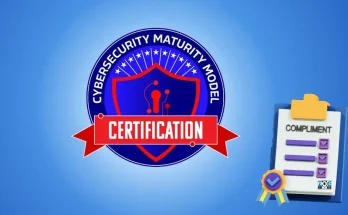If you’re looking to build a website without any coding experience, a website builder is the way to go. However, you might come across some unfamiliar terms that can be confusing. Don’t worry; we’ve got you covered!
In this article, we’ll break down the most common website builder terminology in a simple and easy-to-understand way.
Before getting started with a website builder, you’ll need to buy a domain name and hosting service to have a unique web address and a place to store your website files.
Website Building Terms
If you want to buy a website builderto create and manage your business with ease, be sure to carefully understand these terms:
The Building Blocks
- Website Builder: A website builder allows you to create and build websites without coding and offers an easy-to-use interface. You can drag and drop elements, customise templates, and publish your website with a few clicks.
- Template: Templates are pre-designed layouts or themes that start website creation. Website builders provide several themes for different businesses and designs.
- Drag and Drop: This allows you to effortlessly add elements to your website and rearrange them in the correct place by just clicking, dragging, and dropping them into the proper location. It’s like playing with digital building blocks!
- Responsive Design: Responsive design optimises viewing by dynamically rearranging layout and information. If someone visits your website on a tablet, Phone, or desktop, the design will change to look and work well.
Back-End Terms
- Content Management System (CMS): A CMS is the backbone of an Online website builder, allowing you to manage and update your site’s content, like text, images, and videos, without any technical knowledge.
- Hosting: Hosting is the service that provides you storage space for your website files on a server, making your site accessible to anyone on the internet. Most website builders give hosting as part of their package.
- Domain Name: A domain name is the unique address that people use to find your website on the internet. It’s like the digital address of your online space.
- SSL Certificate: An SSL (Secure Sockets Layer) certificate is a digital security measure that protects the data between your website and users’ browsers.
Design and Functionality
- Widget: A widget is a small, self-contained element or application that can be added to your website to provide specific functionality, such as a contact form, social media feed, or weather forecast.
- SEO (Search Engine Optimisation): Search engine optimisation (SEO) involves methods that boost your website’s visibility and rankings on search engines like Google. This makes it easier for potential customers to discover your online presence through relevant searches.
- Mobile-Friendly: A mobile-friendly website automatically adjusts its layout and features to display properly on smartphones and tablets, ensuring a seamless browsing experience for on-the-go users.
- Analytics: Analytics tools monitor visitor data like location, pages viewed, and time spent, providing insights into user behaviour. This information helps you better understand your audience and make informed decisions about your website’s design and content.
- E-commerce: E-commerce means selling things on the internet. Website builders often offer e-commerce features, such as online stores, carts, and payment gateways, to help you sell directly from your website.
Conclusion
Now that you’re familiar with these essential website builder terms, you’re one step closer to creating a professional online presence for your business or personal endeavours. Remember, the best website builder is the one that meets your specific needs and provides a seamless experience for both you and your visitors.





